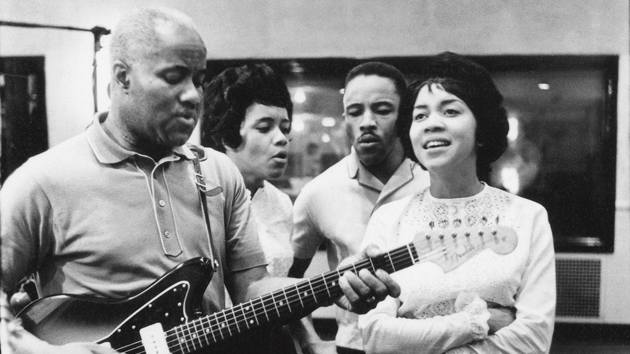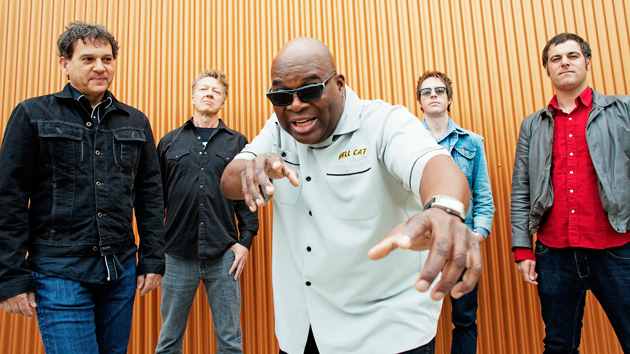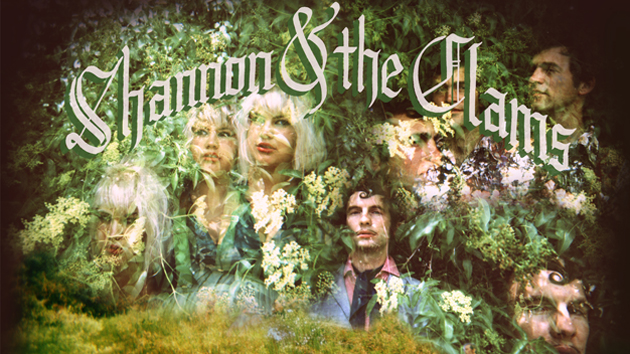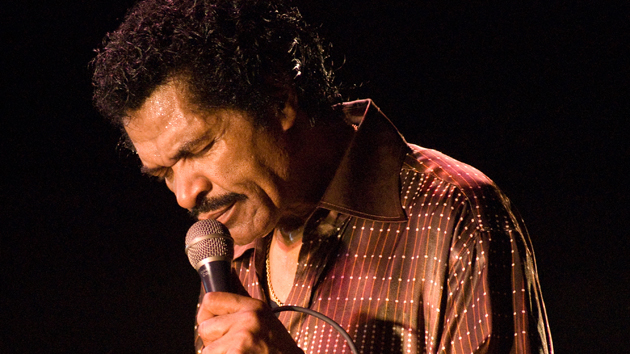
Courtesy of Omnivore
Them and Bobby Rush both made their first records in 1964, as well as sharing roots in blues and R&B, but their stories couldn’t be more different otherwise. Hailing from Belfast, Them would be short-lived, serving primarily as the launching pad for superstar Van Morrison’s still-vital solo career, while the durable Rush has never achieved widespread acclaim, though he remains a fine, funky performer today.
With 69 tracks on three discs, The Complete Them 1964-1967 from Legacy collects the band’s two albums and every out-take, demo, radio session and other scrap that could be gathered. The band made some exciting records during its brief run, including the original version of the garage-rock classic “Gloria,” the manic “One Two Brown Eyes” and the soulful “Here Comes the Night.” But Morrison was a pretty primitive singer back then, often sounding like an angry stray cat, with only occasional hints of the dreamy-eyed Irish mystic to come, notably on a stirring cover of Bob Dylan’s “It’s All Over Now, Baby Blue.” Oddly, Morrison’s entertaining liner notes (which give extremely short shrift to his bandmates) are uncredited, though clearly his work.
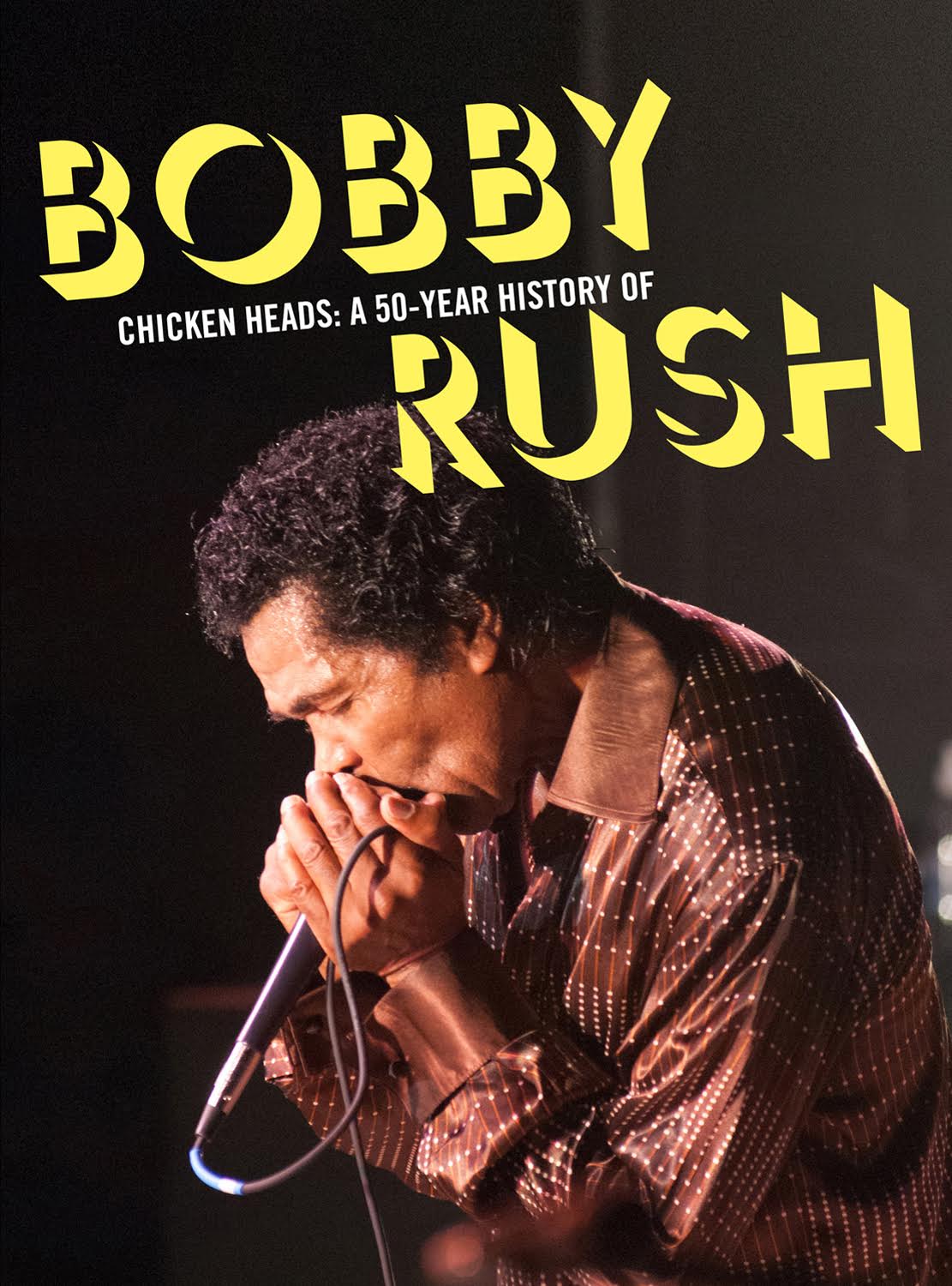
Spanning the mid-’60s to the current day, Chicken Heads: A 50-Year History of Bobby Rush from Omnivore collects 74 tracks from the irrepressible Bobby Rush, a Louisiana-born shouter who makes feelgood music guaranteed to kick any party into gear. So why isn’t he better known? For one thing, Rush is a chameleon, equally adept at gritty R&B, sleazy synth-funk and hard blues, which has probably kept him from establishing a clear identity in the marketplace. For another, he’s been a nomad: The songs on this four-disc set are drawn from more than 20 labels, which means no record company has been able to promote him for long. Don’t let that put you off. The rambunctious Rush delivers the goods, whatever the groove.
